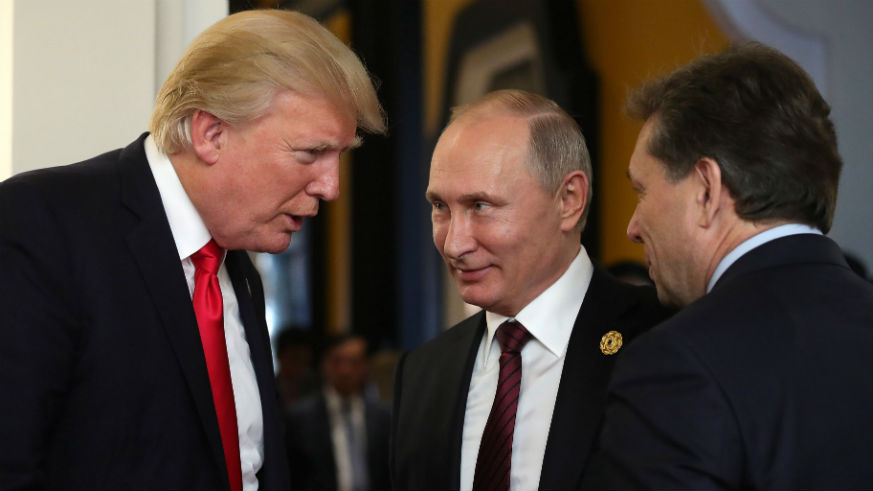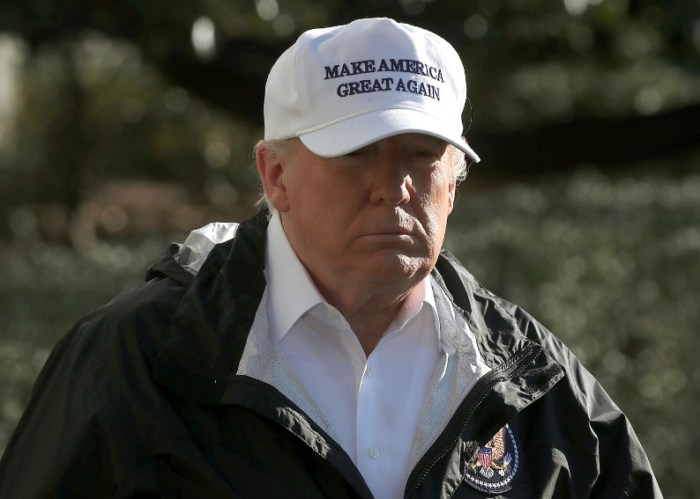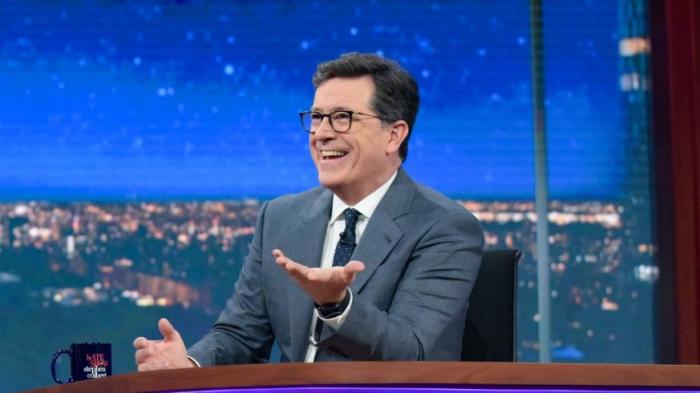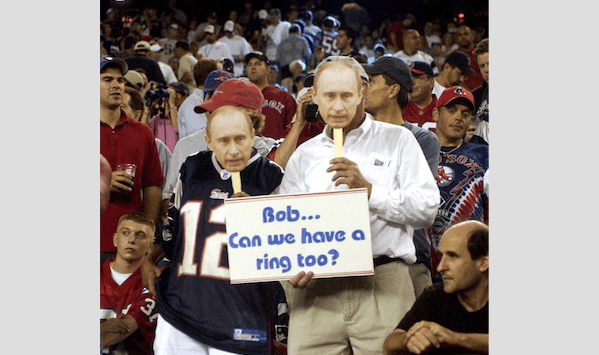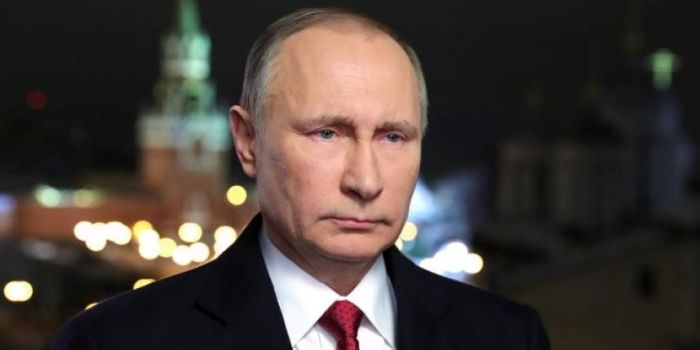Last summer, Russia approached the United States with a sweeping pact not to meddle in each other’s domestic affairs, an offer the Trump administration declined, BuzzFeed News reported Friday.
Russia’s Deputy Foreign Minister Sergei Ryabkov made the offer in July, on the premise of addressing U.S. concerns about Russian interference in the 2018 midterm elections and Russian President Vladimir Putin’s fear that the U.S. could interfere in his own re-election vote, which is scheduled for March, three senior government officials told BuzzFeed.
The pact was ultimately shot down because of politics — Trump’s earlier announcement that he would start an anti-cybercrime unit with Putin was laughed off the world stage by both Democrats and Republicans — and policy: The U.S. is unwilling to abandon pro-democracy efforts in Russia. Special counsel Robert Mueller’s investigation into Russian meddling was also in its early stages. But U.S. intelligence officers also warned that it would be difficult to ensure Russia’s compliance with any deal. “We said ‘thank you very much but now is not the time for this,’” a senior State Department official said on condition of anonymity.
“The decision to walk away from the offer could prove fateful,” says John Hudson of BuzzFeed. “Signs of Russian meddling in foreign elections continue to flourish, with allegations of new Russian influence operations in Spain and other Western democracies. Of particular concern to election security experts is the US intelligence community’s January 2017 assessment that Kremlin-directed meddling in the US will only grow more sophisticated.”
Ryabkov met with the Under Secretary Tom Shannon, the No. 3 official at the State Department, in Washington on July 17. Experts described the potential deal in historic terms, comparing it to President Franklin Roosevelt’s 1933 anti-spying accord with Soviet Commissar for Foreign Affairs Maxim Litvinov and President Obama’s 2015 agreement with China to reduce cyber espionage. Some experts believe Russia won’t stop meddling without an equally consequential pact.
“Ultimately, Russia is unlikely to exercise self-restraint absent some form of an agreement,” said Samuel Charap, a former State Department official and Russia expert at the RAND Corporation. “The only other tools we have are to harden our own defenses or threaten a major retaliation, two options that won’t likely be sufficient.”
Jack Goldsmith, a former Bush administration official, agrees, saying that enhancing security won’t be enough to protect future US elections. “Offense has too great an advantage over defense,” he wrote in a January article on Lawfare. “We have too many soft targets and are constantly surprised when new ones are attacked or exploited.”

